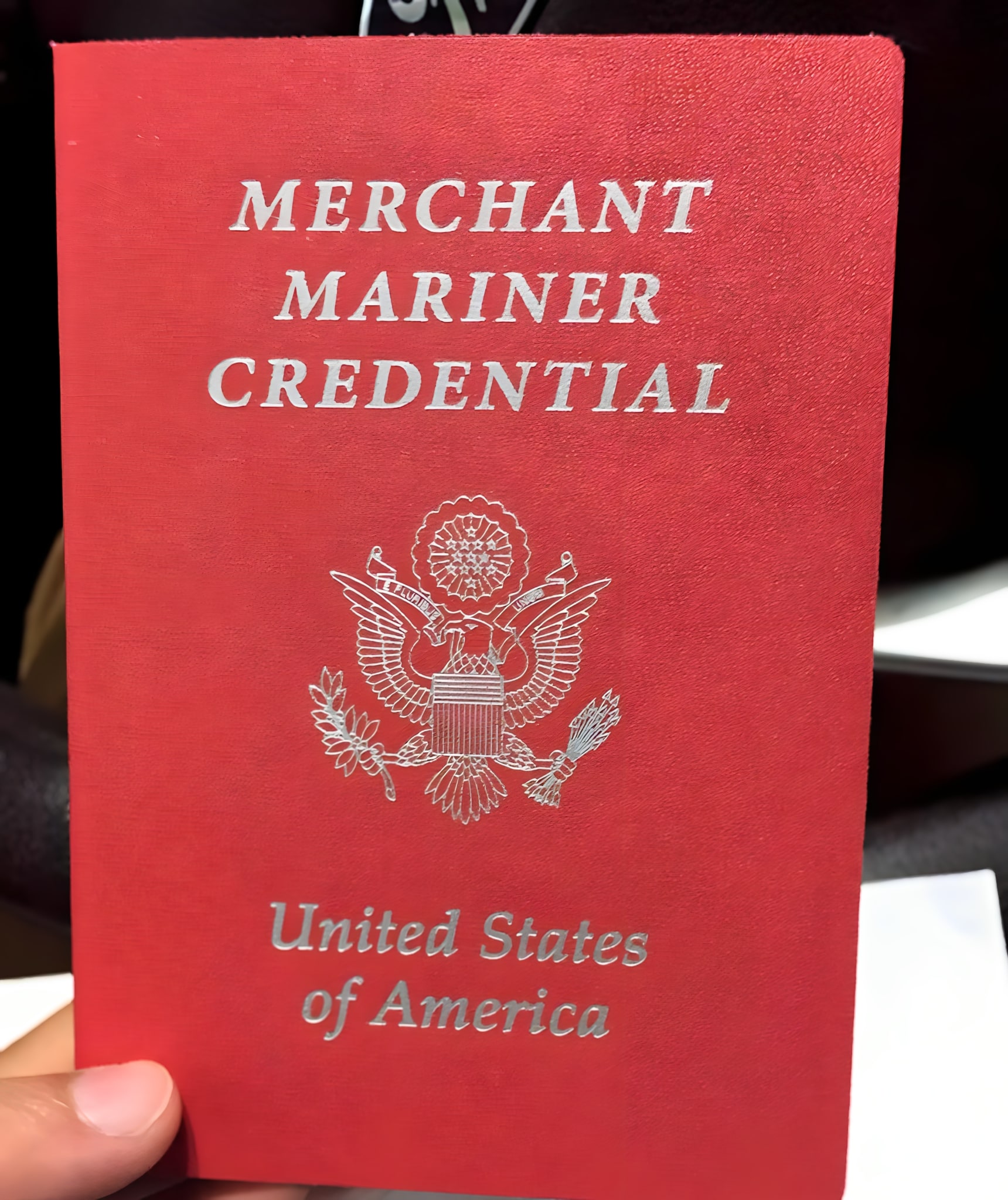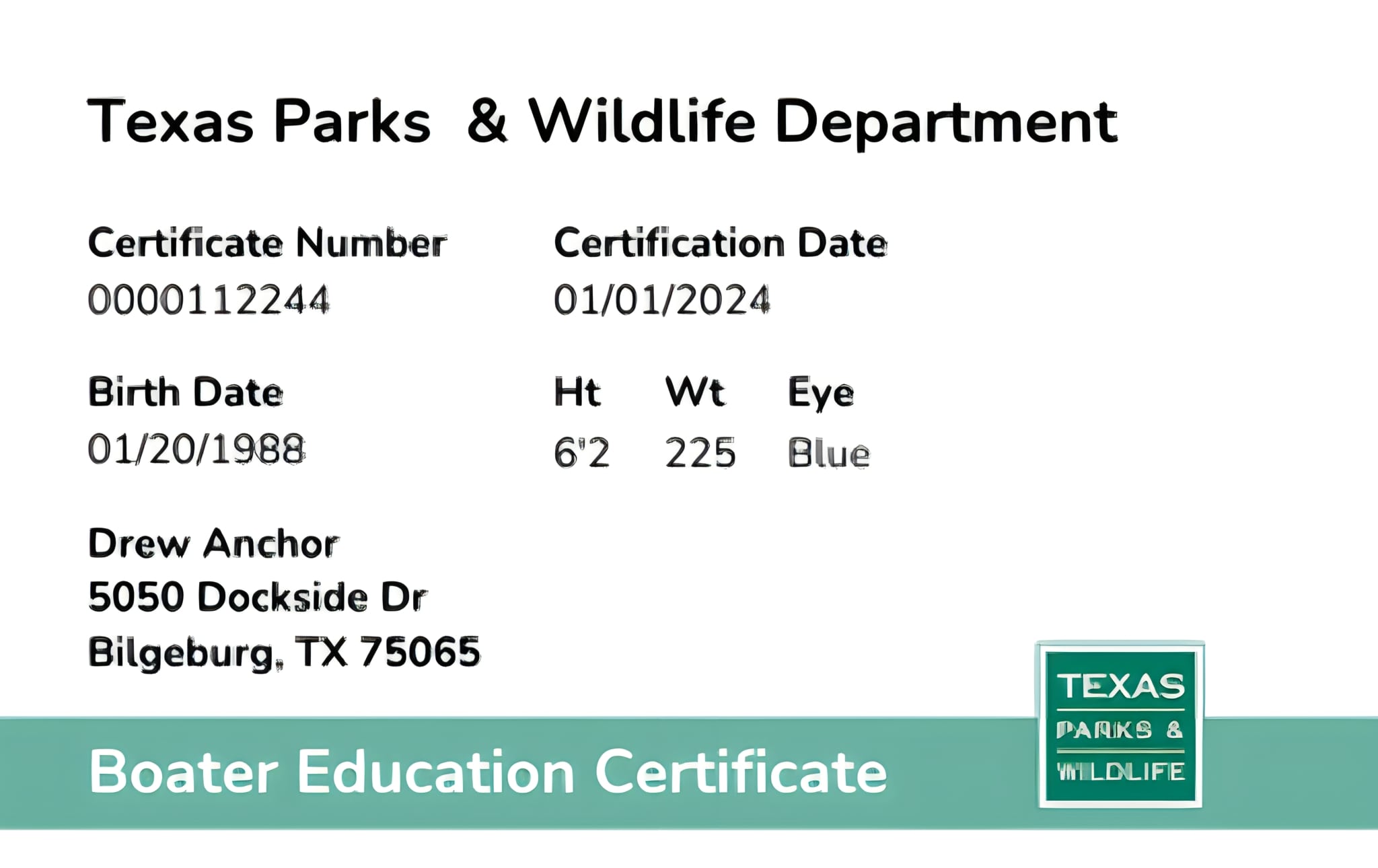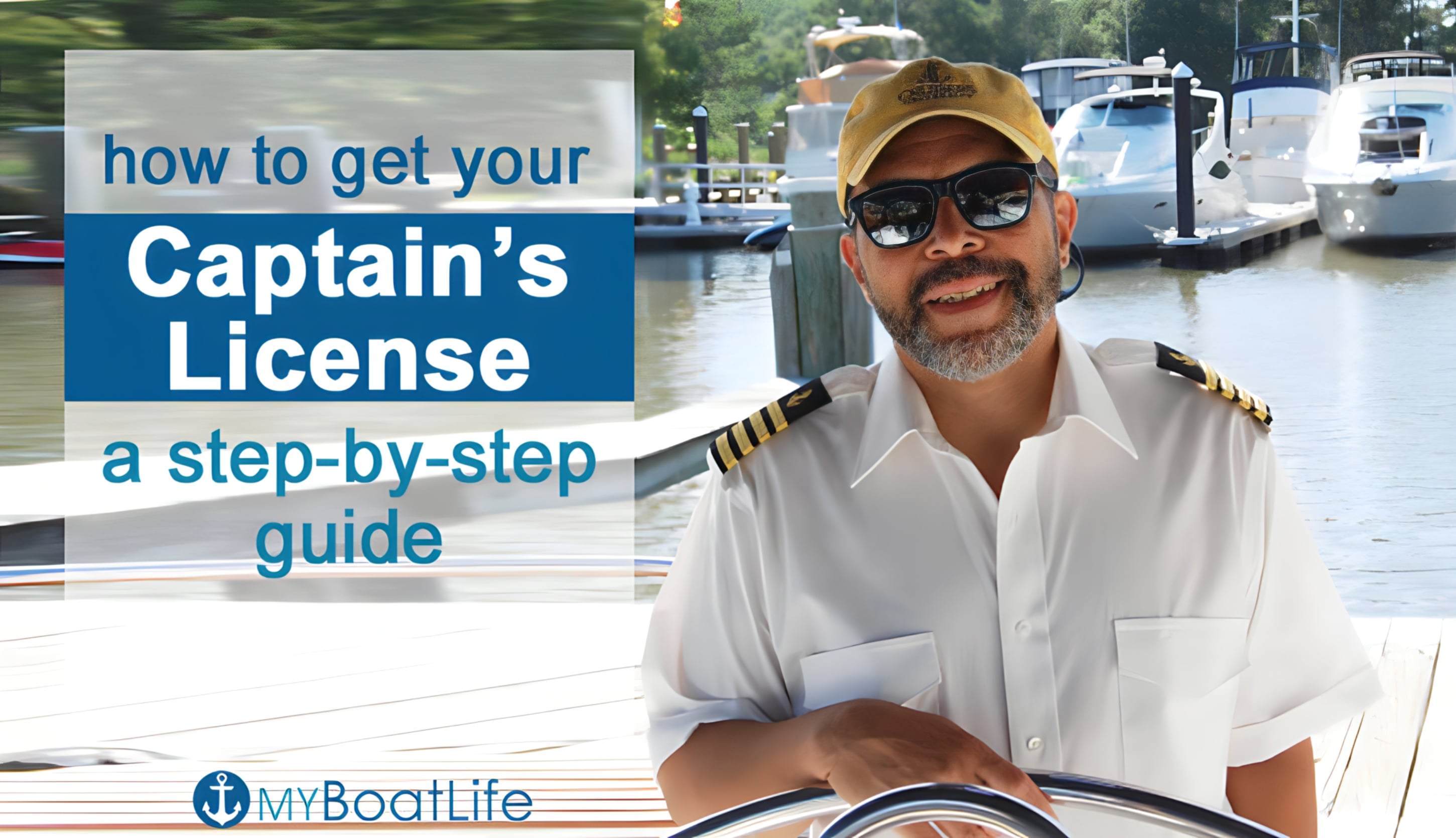By signing up, you agree to our Terms of Service and Privacy Policy
Captain Certifications
At Captain Share, we require all captains to maintain proper certifications to ensure the safety and satisfaction of our customers. Below are the key certifications we recognize and recommend for captains operating in Texas waters.

USCG 6-Pack License
RequiredThe USCG Operator of Uninspected Passenger Vessels (OUPV), commonly known as the "6-Pack" license, allows captains to operate vessels carrying up to six passengers for hire.
Requirements:
- 360 days of documented boating experience
- 90 days of experience must be in the last 3 years
- Pass physical examination
- Pass written examination

Texas Boater Education Certificate
RequiredThe Texas Parks and Wildlife Department requires this basic certification for anyone born on or after September 1, 1993, who operates a vessel with a motor of more than 15 horsepower.
Requirements:
- Complete an approved boater education course
- Pass the course examination
- Receive certification card

Party Boat Operator License
RecommendedRequired for operating party boats (vessels for hire designed to carry more than six passengers) on inland waters of Texas. This is particularly relevant for captains operating larger vessels for group events.
Requirements:
- Complete the Party Boat Operator course
- Pass written examination
- CPR and first aid certification
- Annual license renewal
Additional Recommended Certifications
CPR and First Aid Certification
While not legally required for all captains, having current CPR and First Aid certification is strongly recommended and can be crucial in emergency situations on the water.
Find CoursesMarine Radio Operator Permit
Required for operators of marine radios on vessels. This certification ensures proper communication protocols are followed, which is essential for safety on the water.
Learn MoreCertification Verification
At Captain Share, we verify all required certifications before approving captains on our platform. We also conduct regular checks to ensure certifications remain current. This commitment to verification helps maintain the highest standards of safety and professionalism.